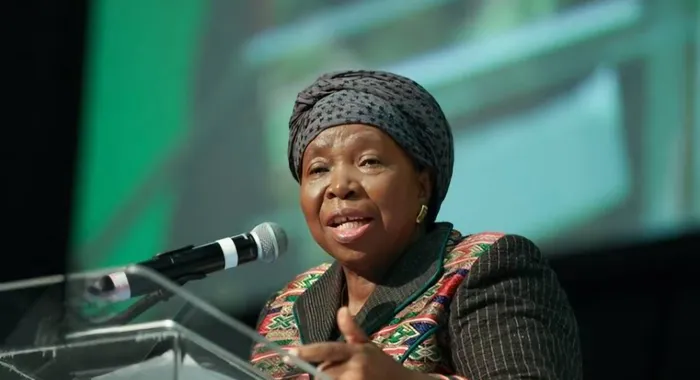Call for employers to build more inclusive workplaces

Women, Youth and Persons with Disabilities Minister, Nkosazana Dlamini Zuma, has requested that employers employ people with disabilities, especially women and the youth to enhance economic growth.
As the country commemorated the start of Workers’ Month on May 1, the Department of Women, Youth and Persons with Disabilities encouraged employers to strengthen disability inclusiveness and the economic empowerment of women and youth in workplaces.
Women, Youth and Persons with Disabilities Minister Nkosazana Dlamini Zuma said that as South Africa celebrates 30 years of freedom this year, employers should be reminded of the importance of building disability-inclusive workplaces that protect the rights of persons with disabilities, on an equal basis with others.
“Empowering persons with disabilities is not just a matter of gender equality, it is about dealing with the legacy of apartheid and the transformation of society, particularly the transformation of power relations between persons with disabilities, women, and men to enhance economic growth and resilience,” said Ms Dlamini Zuma.
“Studies have shown that gender diversity in the workplace fosters creativity, innovation, and problem-solving capabilities leading to better decision-making and improved business outcomes. When women are given equal opportunities and support, they contribute significantly to productivity gains, which, in turn, boosts the overall economy.”
The Minister emphasised the importance of reflecting on the remarkable contributions of people with disabilities, youth, and women to South Africa.
“Equally so, by continuing to advocate for resolving labour-related challenges faced by persons with disabilities and women in the workplace, we can create an environment where we can thrive and make significant contributions to the economy,” Ms Dlamini-Zuma said.
She also noted that the provision of a universally accessible environment and reasonable accommodation are at the core of ensuring equity and equality for people with disabilities to perform their responsibilities effectively.
“We need to strengthen awareness initiatives to know more about disabilities. We must employ persons with disabilities at all levels as they equally possess the capacity to work and fulfil the responsibilities assigned to them,” Ms Dlamini-Zuma said.